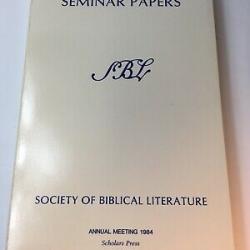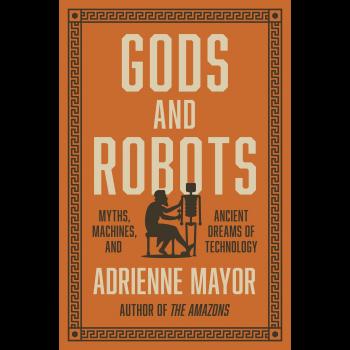I've been discussing information literacy in general and Wikipedia in particular not only here, but on Facebook, quite a bit in recent days. One discussion asked about the appropriateness of a scholar citing a Wikipedia article, if only to offer it as a brief introduction to a topic. The question was posed by Joseph Kelly on Facebook:
So I’m reading a volume from the LHBOTS, and the second article in it cites a Wikipedia page to orient readers to the general discussion of the topic (meta-ethics). I’ve also seen this author do this in his 2012 book published by SBL.Any opinions out there about this?
Chris Heard mentioned this on his blog, and I agree with his viewpoint. Here is a quote from his post, which I recommend clicking through and reading in its entirety:
My own, semi-informed opinion—and that’s all that Joseph asked for, not a research essay—is that scholarly authors pointing scholarly readers to Wikipedia is somewhat ill-advised. At the emotional level, scholarly authors who do this risk damaging their implicit relationships with those readers; they risk violating the implied social contract that requires authors to assume competence among peer readers. In my view, authors contributing (to) LHBOTS volumes should be able to assume sufficient levels of readerly competence to refer to signed, scholarly overviews of necessary topics instead. As a reader, I would almost feel insulted if I were sent to a Wikipedia article rather than a scholarly article.
One issue with Wikipedia is its potential to change, although one can link to a particular version of the page and bypass that. And that perhaps leads to the broader question, of whether the issue is the potential of wikis to change, or the multiple and anonymous authorship, or the nature of online materials more generally.
If I wrote an introduction to a topic, posted it on Academia.edu or my SelectedWorks page, and mentioned it in a footnote, I suspect that most younger scholars would not see anything objectionable.
So what then if I were to edit the Wikipedia page on the same topic, making it really accurate and polished, and then linked to a fixed version of it? Would that be fundamentally different (assuming that I indicated that that was what I had done)?
What if I had the same introduction to a topic as I mentioned earlier, but instead of posting it on Academia.edu or in a university repository, I posted it on my blog?
The fact that something is in a printed source does not, in and of itself, vouchsafe its reliability. Having it printed in a scholarly journal would indicate quality, but a broad introduction to a topic would not get published in such a setting. A textbook would be more the appropriate venue, but we have all had the experience of wishing that a textbook offered a better treatment of this or that, without having the time to write and publish our own. And so posting one's own introduction to a topic, if one is not entirely satisfied with the treatment in existing textbooks, on some web space, is something that many of us have done. The question is what the appropriate location and etiquette is for doing so.
As with Mark Goodacre's experience of having his blog post discussed in a peer-reviewed article, the internet is changing how we do things. And so the existing assumptions about where scholarship can be found will not suffice. And so the first step is to discuss these topics, and we've begun to do that here and on other blogs, as well as at conferences – that fact in itself illustrating the changing way scholarly discussions occur. I invite you to continue the discussion here!













